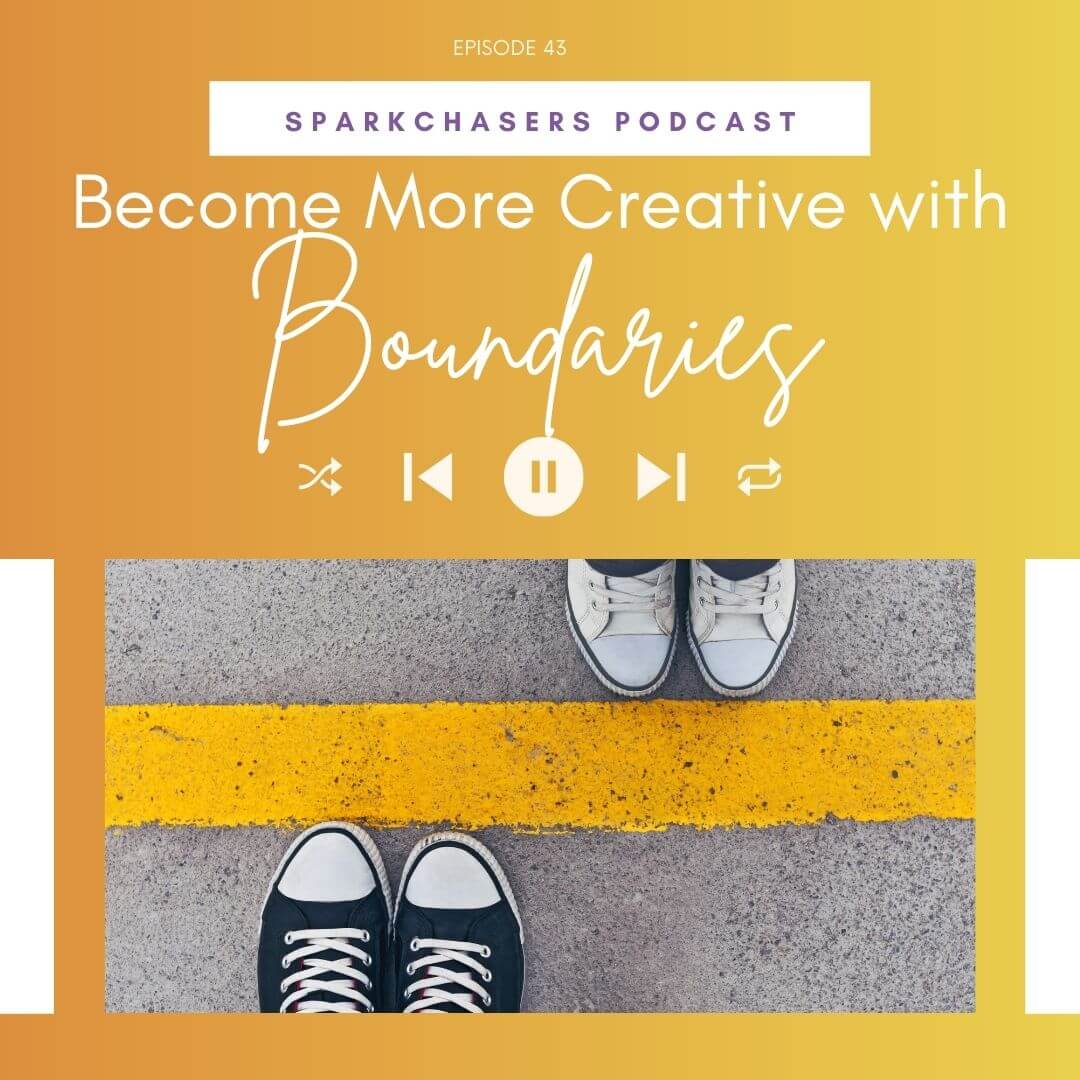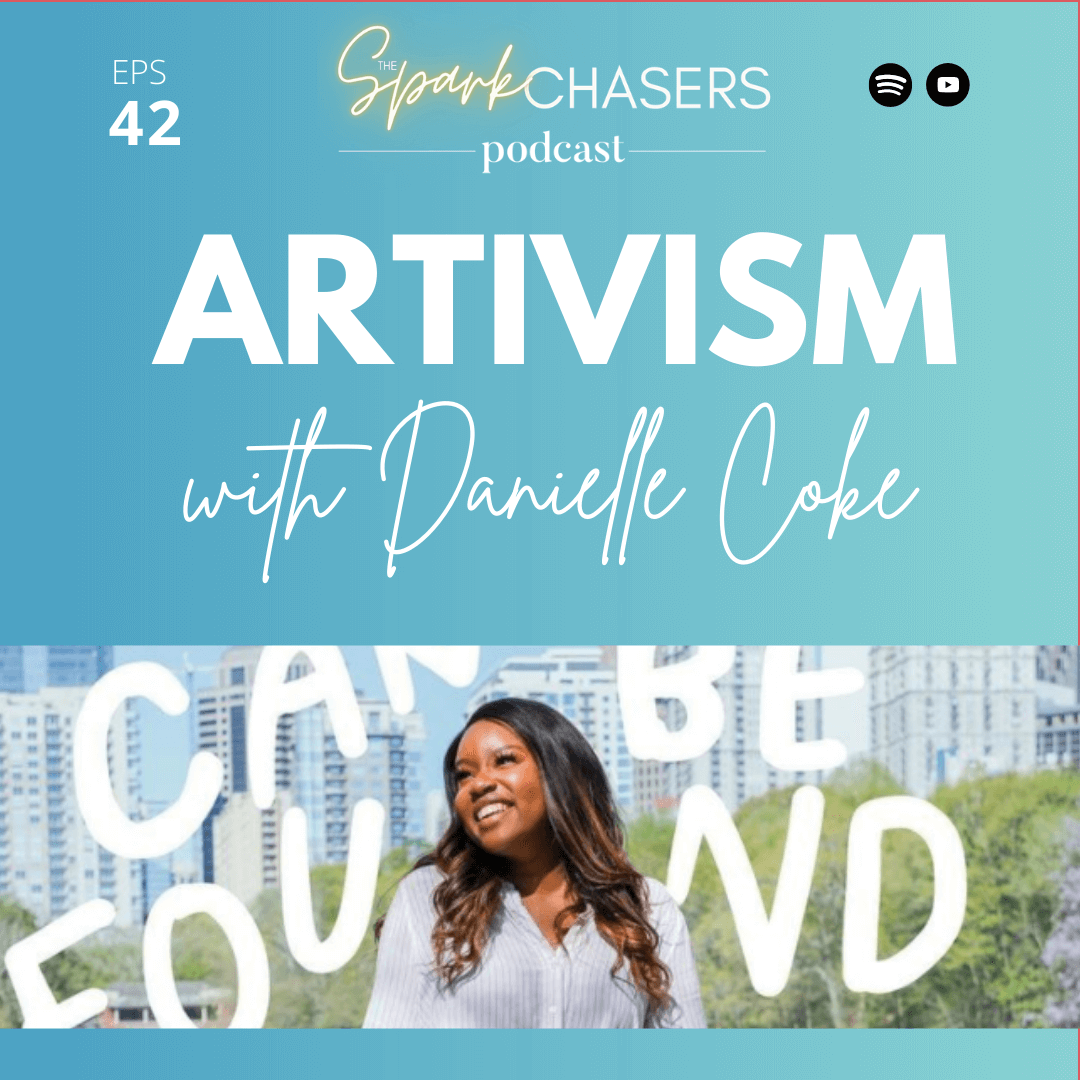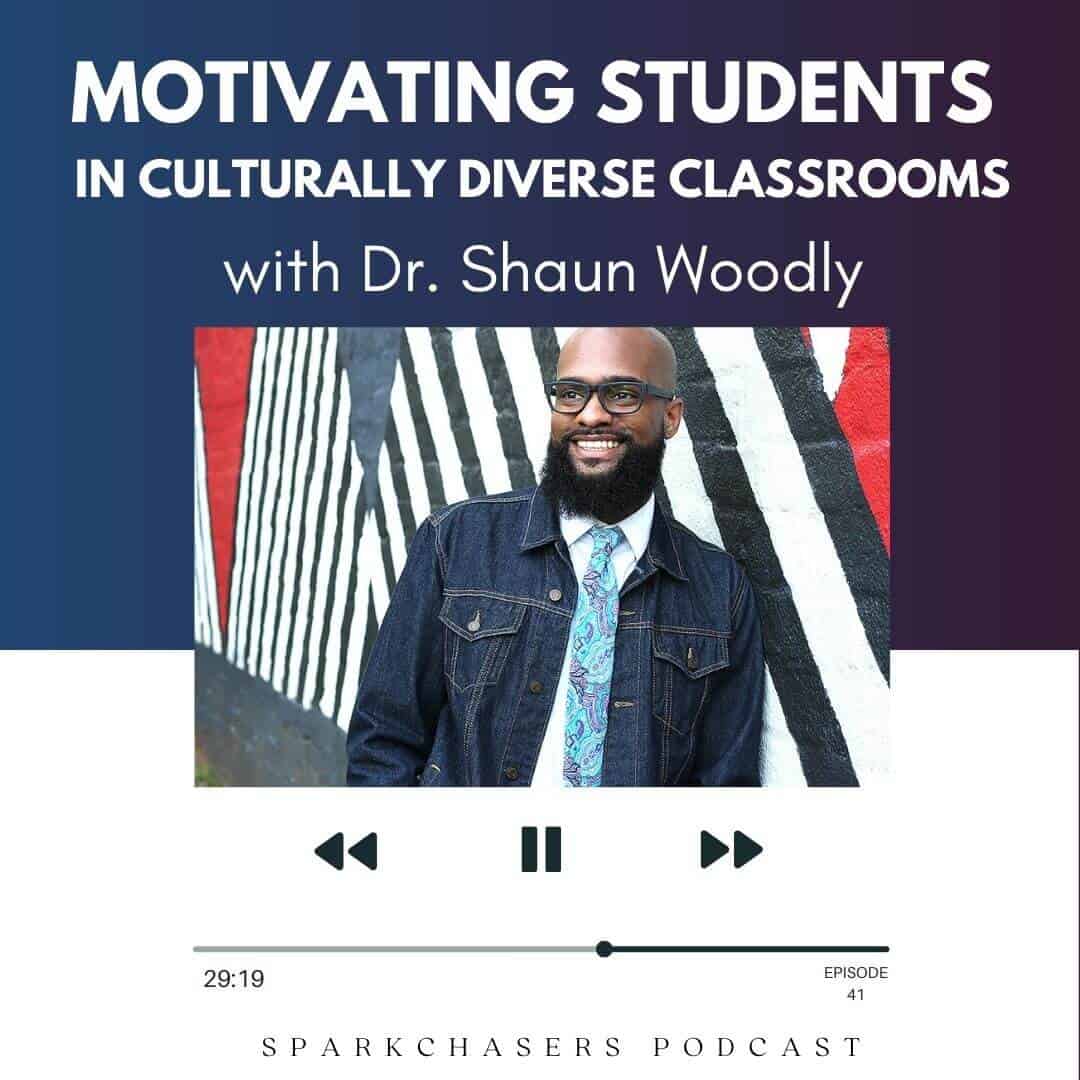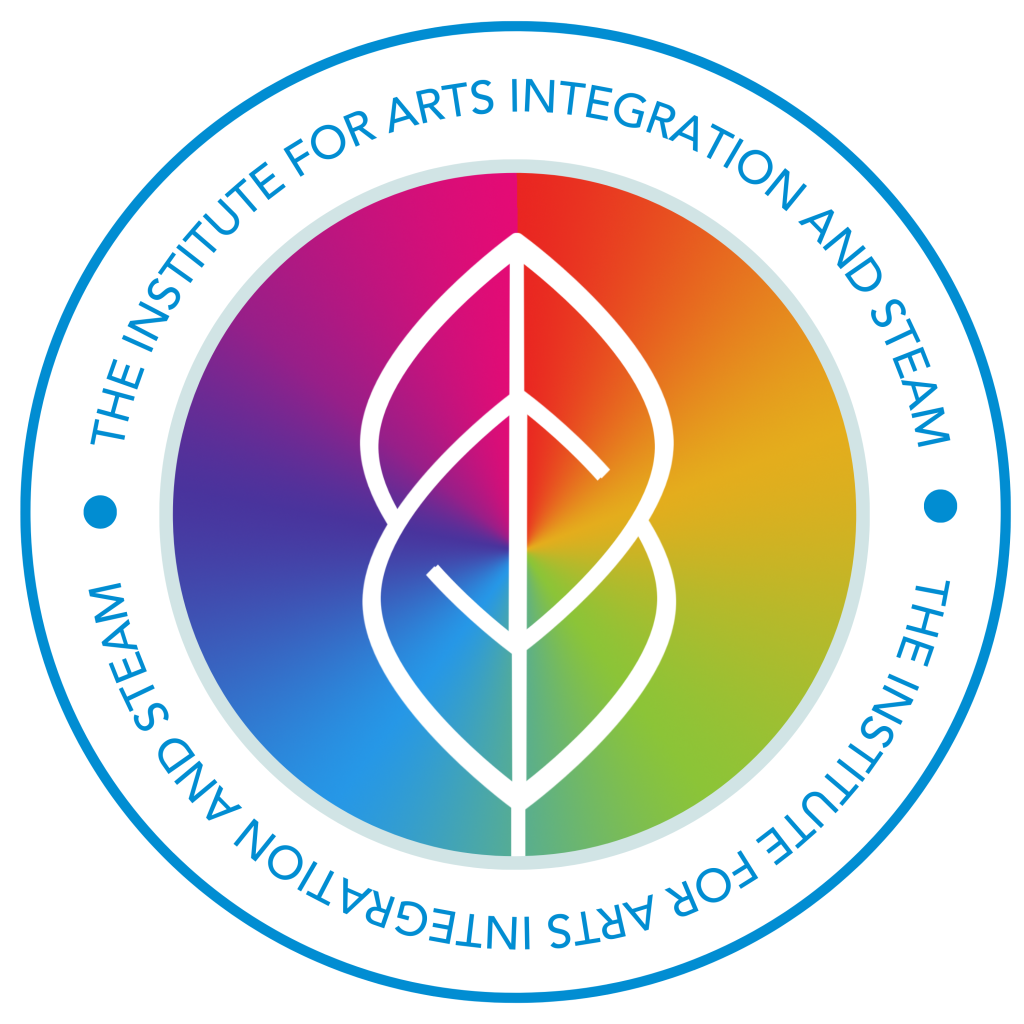Sparkchasers Episode 5 | Show Notes
Creativity Isn’t a Soft Skill
SUBSCRIBE ON:
I’m so glad to be back with you to chat about one of my favorite topics: creativity. You know, that word has such an interesting set of beliefs that surround it. In general, I’ve found that people agree we need creativity and that being creative is a good thing. But, there’s also a lot of folks who believe that creativity is a “nice to have” and not a “need to have” in our society. Others think that creativity is something you’re born with and if you don’t have it, you just “aren’t creative”. And still others consider creativity to be something relegated to the arts folks – as if it lives in a different space. In this episode, we’re going to dive into each of these beliefs and consider how creativity impacts us all. So get comfortable and let’s dig in.
The Need for Creativity
To start, let’s establish that creativity isn’t something that’s nice to have. It’s essential to human life and continued existence. Especially now in the 21st century, a creative mindset that goes beyond the current boundaries and imagines a new future is critical. We are facing serious challenges: climate change, social and political upheaval, a lack of civil discourse, and increased technological dependence. No bubble test will help us out of these issues. We must cultivate the ability to think critically and imagine a new way forward. Creativity is no longer optional; it’s essential.
Key Ideas:
- Instructor and author Stefan Mumaw defines creativity as “problem-solving with relevance and novelty.” According to this definition, a software architect, a plumber or a scientist could also be creative.
- In 2019 and 2020, employers rate creativity as a top skill they are looking for in applicants.
- Creativity comprises the behavior, actions and interpretations of how we relate to and experience the world. It is a habit, and one we can exercise. It is not a soft skill, so it’s time to stop thinking about creativity as nice to have and start remembering that creativity is essential.
Is Creativity Really a Soft Skill?
What IS a soft skill? According to the South Dakota Department of Education, “Soft skills are character skills and personality traits that reflect how you work in general, with others, and by yourself. Soft skills are often referred to as essential skills, interpersonal skills, and noncognitive skills. Although there are several soft skills, typical example soft skills are communication, teamwork, problem solving, and adaptability”.
Hard skills are defined as “teachable and measurable abilities, such as writing, reading, math or ability to use computer programs.”
Let’s look at these two definitions. Soft skills are “traits” that are difficult to measure and Hard skills are those that are teachable and measurable. If that’s the case, I stand by my assertion that creativity is not a soft skill. Creativity can be taught, practiced, and measured, as well as help develop interpersonal and noncognitive skills. It lives in both areas.
Key Ideas:
- You aren’t just born with creativity. You can learn creative skills and practice creative habits over time.
- Creativity can be measured – though maybe not with quantifiable numbers. There are many people who have developed or are working on creative scales which can be used as a measurement tool. A musician can master the skill of playing scales. An artist can master how to add texture to a painting. These building-block skills can be measured and evaluated, as can the ways students use exploration, connection, experimentation and reflection throughout their learning process or project.
How to Build Creative Skill and Mindsets
How well students set a goal and then use the four processes of explore, connect, experiment, and reflect can help teachers foster creative skill development. These measurements guide students toward developing and sharing their self-expression with the world.
The tricky component with creativity is the idea of and/both, rather than either/or. Creativity is BOTH a skill and a mindset. It doesn’t have to be one or the other. I always say that Creativity is the Fingerprint of the Human Spirit. It is both a process and a product. So, how to we foster creativity in ourselves and others?
There are many informal arts activities that teachers can use to develop these creative processes with their students. I highly recommend the following three exercises:
- The Cover Story game, to develop student imagination and communication. In this game, students envision an ideal situation so fantastic that it lands them on the cover of a magazine.
- Visual thinking strategies such as the iNotice3 technique, to encourage critical and creative thinking by asking students to pick an art form, evaluate it and share their observations. This strategy is extremely flexible and can be used with any art form or content area.
- Drama strategies such as “Yes, and …” build and extend collaboration skills by teaching the value of listening to, accepting and expanding on ideas put forth by others.
The creative process helps make us whole and gives us the ability to share our unique skills and talents with the world. So no, creativity is not a soft skill; it is a must-have mindset for the 21st century.
I’d love to hear your thoughts and questions about this topic. Remember that there’s a question button below where you can ask me anything. Just click on that button and you can chat with me via video, audio, or a text message. And if you are enjoying the show and know someone who could benefit from our discussions, please share the podcast with them. Together, we can chase the spark of our ideas and make a brighter future for everyone. I’ll see you soon.
Additional Resource: Creativity Is Not a Soft Skill (The 74)
Have a Question?
Do you have a question about today’s episode or need help with something? Let me know using the button below and I’ll make sure to chat about it on an upcoming episode.






